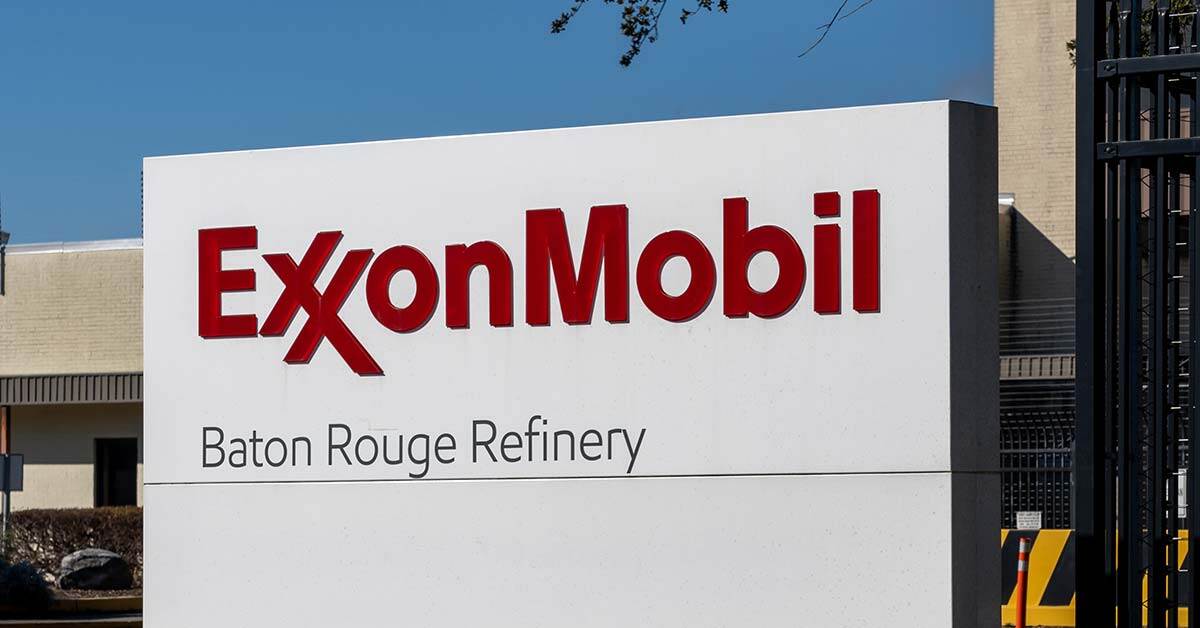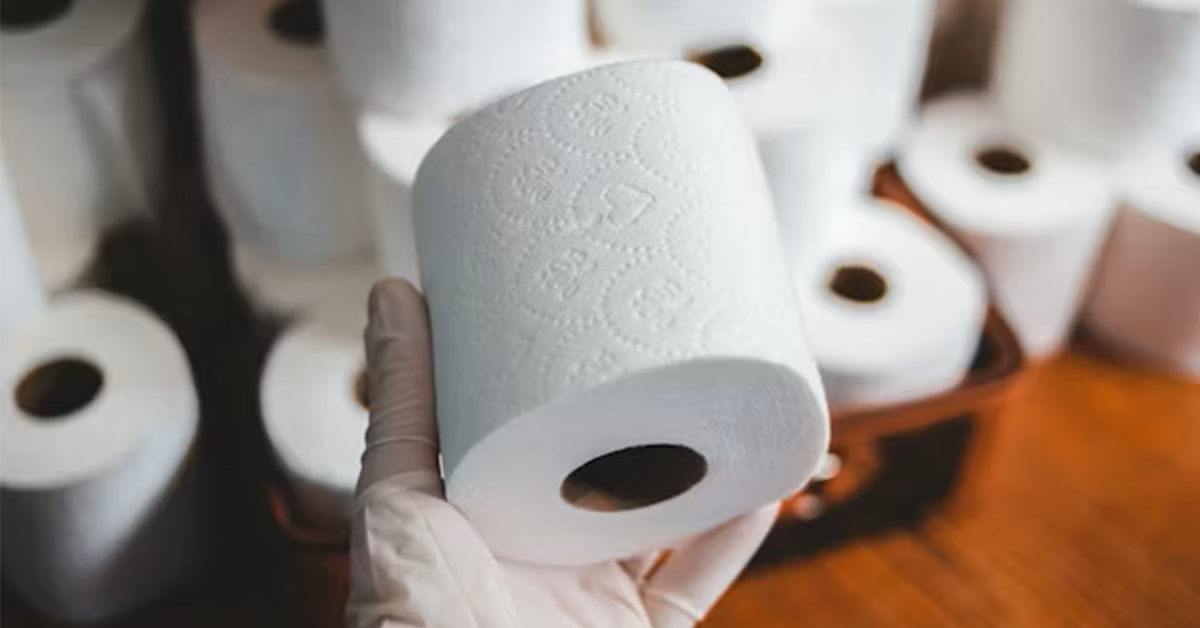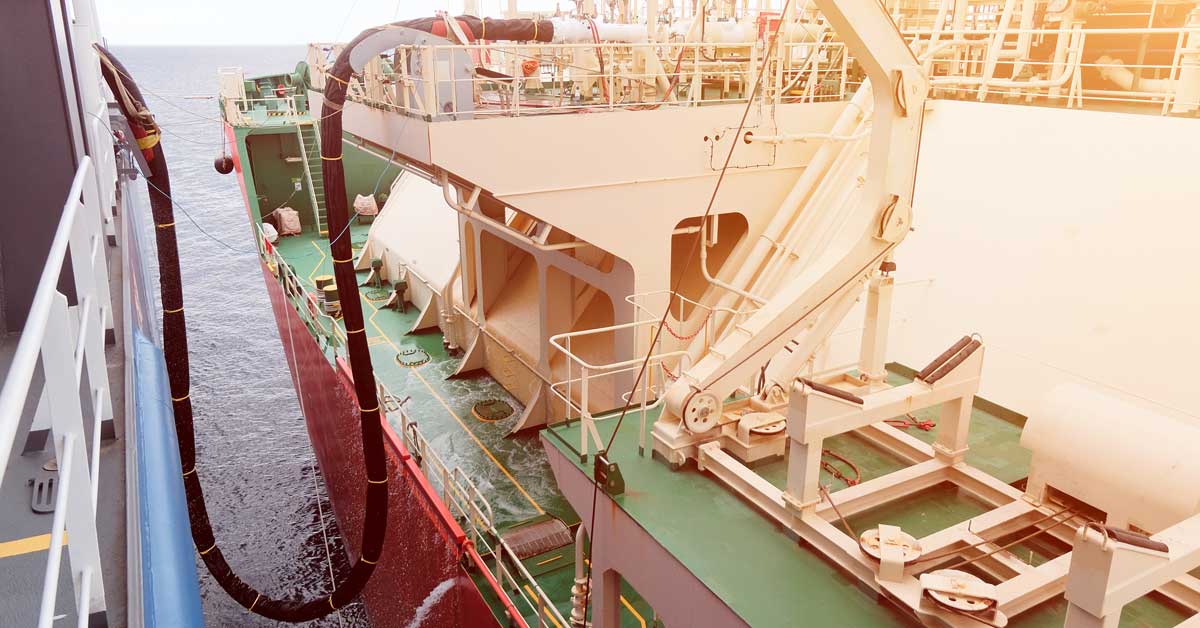2 min read
ExxonMobil’s $100 Million Baton Rouge Upgrade: A Bold Bet on Electronic-Grade IPA
ResourceWise
:
Mar 27, 2025 4:16:22 PM

ExxonMobil's recently announced $100 million investment to upgrade its Baton Rouge, Louisiana, chemical plant may appear to be a tech story at first glance. But beneath the surface, this move marks a strategic pivot.
The plant upgrade, slated for completion by 2027, will enable ExxonMobil to produce ultra-high-purity isopropyl alcohol (IPA) for the semiconductor sector. Refined to 99.999% purity, this IPA is critical for cleaning and processing microchips, where even trace contaminants can cause defects. As the semiconductor industry surges to meet the demands of AI and data center growth, chemicals like IPA are becoming indispensable to the digital infrastructure.
Market Context and Implications
IPA serves a range of industries, including pharmaceuticals, personal care, and industrial cleaning. However, recent years have seen soft demand for tech-grade IPA—the mid-tier product—across most applications. The exception has been oil and gas production, where demand remains consistent and, in some cases, robust.
Against this backdrop, ExxonMobil's focus on electronic-grade IPA targets a segment with potential for growth, driven by the semiconductor industry's expansion.
ExxonMobil already holds a significant share of the U.S. IPA market, often influencing pricing and availability. Electronic-grade IPA, requiring higher purity and specialized production, has been an area where competitors have found some flexibility—until now. This investment suggests ExxonMobil aims to extend its influence into this niche.
Here's why you should take notice:
1. End-Use Markets Are Evolving
Traditional demand for IPA—think industrial and consumer cleaning—is being joined by high-growth tech applications. Semiconductor fabrication plants (fabs) require ultra-clean environments, relying on solvents like IPA to meet exacting standards. This shift adds a dynamic layer to market trends, with tech-driven demand likely to grow through 2027 and beyond.
2. Supply Chain Resilience Is a Competitive Advantage
Until now, U.S. companies have largely sourced high-purity IPA from Japan and Taiwan due to domestic quality gaps. ExxonMobil's move to produce this material stateside could bolster North American supply chain resilience. While the full impact won’t hit until 2027, it's a step toward reducing import dependency.
3. Potential Ripple Effects Across Feedstocks and Pricing
IPA production is tied to propylene, a key petrochemical feedstock. Scaling up high-purity IPA might tighten regional propylene supply or influence pricing, particularly if ExxonMobil ramps up output significantly by 2027. Long-term offtake deals with chipmakers—though not yet confirmed—could also shift IPA availability on the spot market, potentially affecting solvent pricing benchmarks.
A Pivot Toward Precision and Proximity in the Chemicals Landscape
ExxonMobil's $100 million investment isn't just a tech-driven production boost—it's a bellwether for the solvents market, signaling a phase defined by precision, performance, and proximity to downstream tech needs.
This underscores evolving end-use markets, where high-spec solvents are essential to AI and data center growth. It points to supply chain reshoring as a competitive edge, with the U.S. poised to ease reliance on Asian imports by 2027. It suggests potential ripple effects across propylene feedstocks and pricing dynamics parallel demands for purity hint at a broader industry shift.




